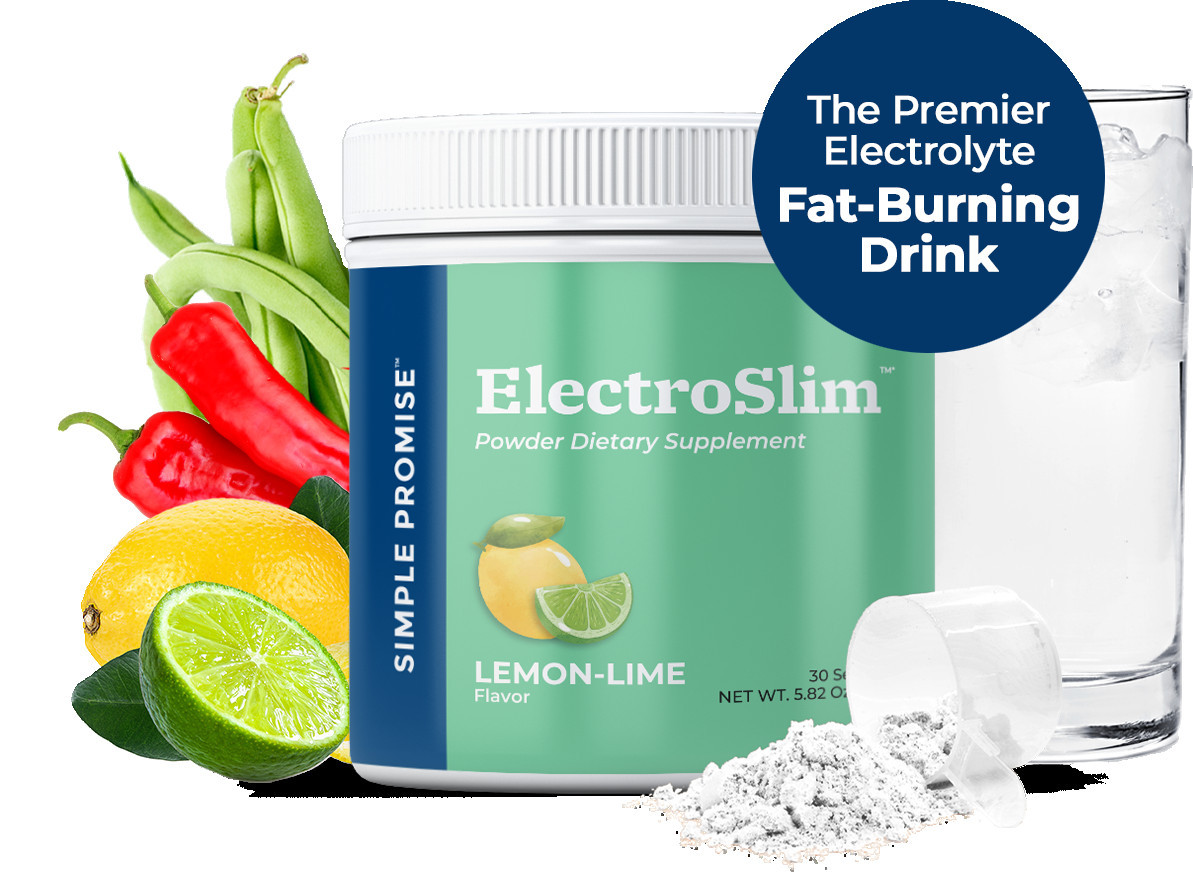Mediterranean Diet :
Abundance of Plant Foods: The diet emphasizes fruits, vegetables, whole grains, legumes, nuts, and seeds. These foods are rich in vitamins, minerals, antioxidants, and dietary fiber.
Healthy Fats: Instead of saturated and trans fats, the Mediterranean Diet encourages the consumption of healthy fats, primarily coming from olive oil and nuts. These fats are a source of monounsaturated and polyunsaturated fats, which have been associated with reduced risk of heart disease.
Moderate Consumption of Fish and Poultry: Fish, especially fatty fish like salmon and mackerel, is a staple of the diet. Poultry is also included in moderation. Both are good sources of lean protein.
Limited Red Meat: Red meat consumption is limited in the Mediterranean Diet. When red meat is consumed, it's often in smaller portions and as an occasional part of meals.
Dairy Products: Moderate consumption of dairy products, particularly yogurt and cheese, is common in the
. These can provide calcium and probiotics.Wine in Moderation: Some versions of the Mediterranean Diet include moderate consumption of red wine, typically with meals. This is believed to have certain health benefits, largely due to the presence of antioxidants like resveratrol.
Herbs and Spices: Instead of relying on excessive salt, the Mediterranean Diet incorporates a variety of herbs and spices to enhance flavor.
Physical Activity and Social Interaction: The diet is often accompanied by an active lifestyle and a focus on community and social interactions, contributing to overall well-being.

Keto (Ketogenic) Diet:
Composition:
is extremely low in carbohydrates and high in fats. It involves a significant reduction in carb intake, often to around 5-10% of total calories, while increasing fat intake to 70-80% of total calories. Protein intake is moderate.Fats: The majority of calories in the Keto Diet come from fats, which are used as the primary energy source when the body enters a state of ketosis.
Carbohydrates: Carbohydrate intake is severely restricted on the Keto Diet, which forces the body to rely on ketones (produced from fats) for energy instead of glucose from carbs.
Protein: Protein consumption is moderate to prevent excessive gluconeogenesis (the process by which the body converts protein to glucose).
Health Focus: The Keto Diet is often pursued for rapid weight loss and potential benefits in managing conditions like epilepsy and certain neurological disorders. Some research also suggests it might help with blood sugar regulation and certain metabolic issues.
Lifestyle: The Keto Diet doesn't necessarily emphasize lifestyle factors in the same way as the Mediterranean Diet does. However, individuals may still incorporate exercise and social interactions if they choose.

Key Differences:
Macronutrient Composition: The biggest difference lies in the macronutrient composition. The Mediterranean Diet emphasizes a balanced intake of carbohydrates, fats, and proteins, while the Keto Diet drastically reduces carbs and relies heavily on fats.
Primary Goal: The Mediterranean Diet focuses on long-term health benefits and disease prevention, while the Keto Diet is often pursued for short-term weight loss or specific medical conditions.
Food Choices: The Mediterranean Diet encourages a wide variety of whole foods, while the Keto Diet can limit food choices due to its carb restrictions.
Sustainability: The Mediterranean Diet is generally considered more sustainable for the long term due to its flexibility and inclusion of a wide range of foods.
It's important to note that both diets have potential benefits and drawbacks, and what works best for an individual depends on their health goals, preferences, and any underlying medical conditions. Consulting with a healthcare professional or registered dietitian before making significant dietary changes is always recommended.












Facebook Conversations